Assessments Can Support, Not Just Measure, Student Learning
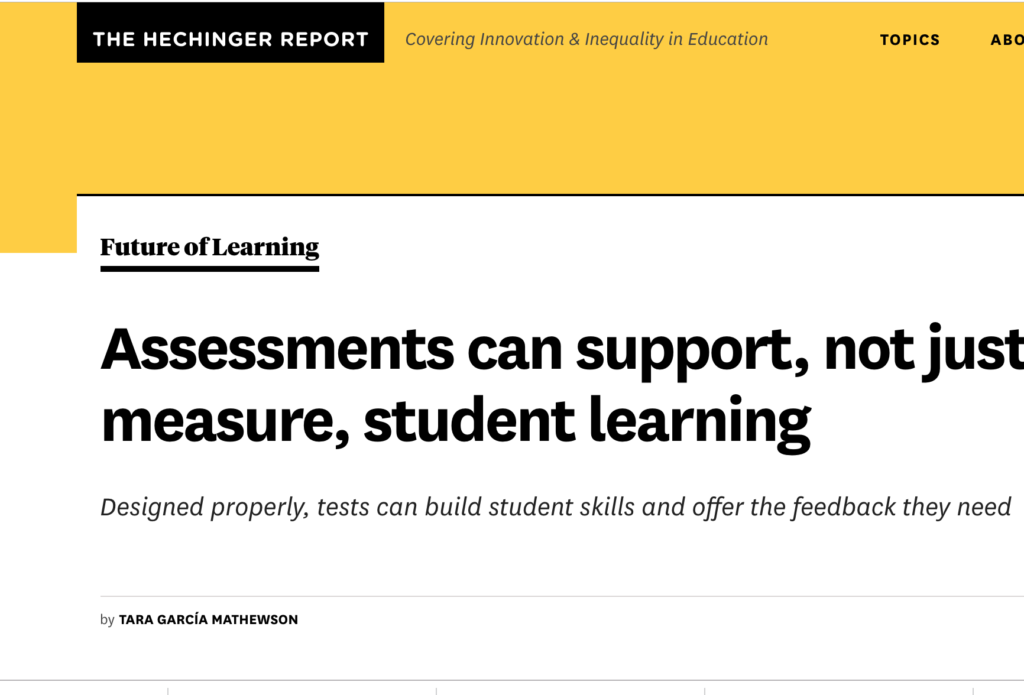
This article looks at the work being done by The Assessment for Learning Project to recognize assessment as a positive part of the learning process. The initiative, which has awarded grants to 17 teams of education leaders at the school, district and state levels; advocates assessment systems that empower students, lead to greater equity and… Read More ›
Inquiry-Based Tasks in Social Studies
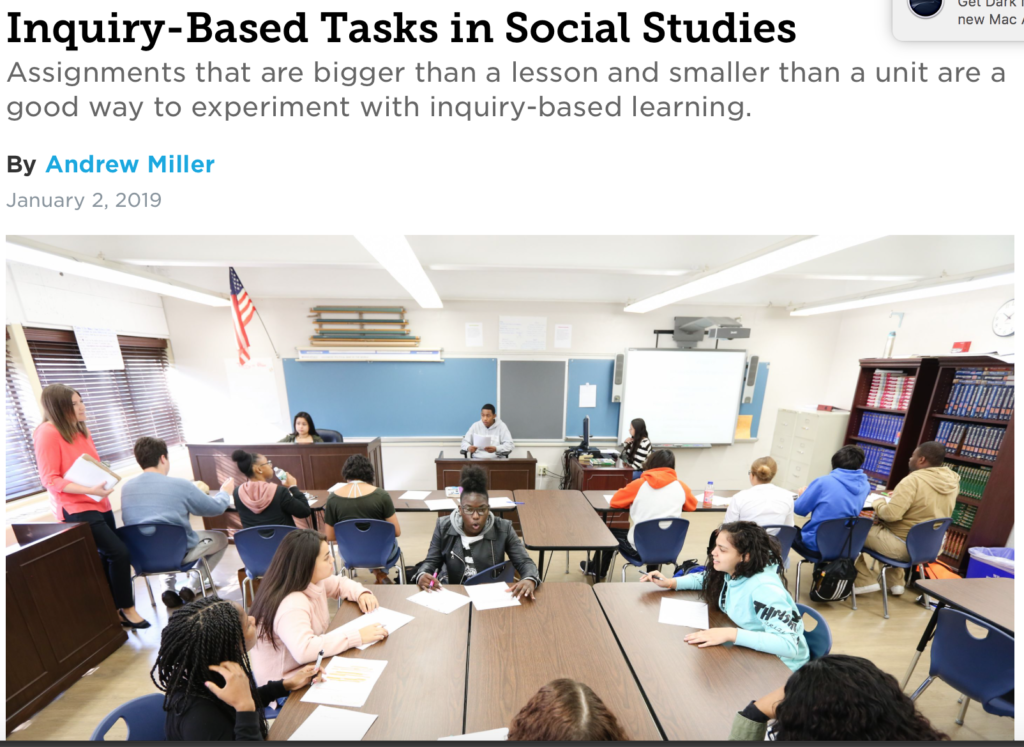
This article explores ways to foster deep learning in social studies classrooms. The author, a classroom teacher and instructional coach, discusses how to introduce inquiry-based tasks. He notes this approach can be used for explorations that are bigger than a lesson but smaller than a whole unit. Inquiry-based tasks may be a manageable way for… Read More ›
Student-Driven Restorative Justice
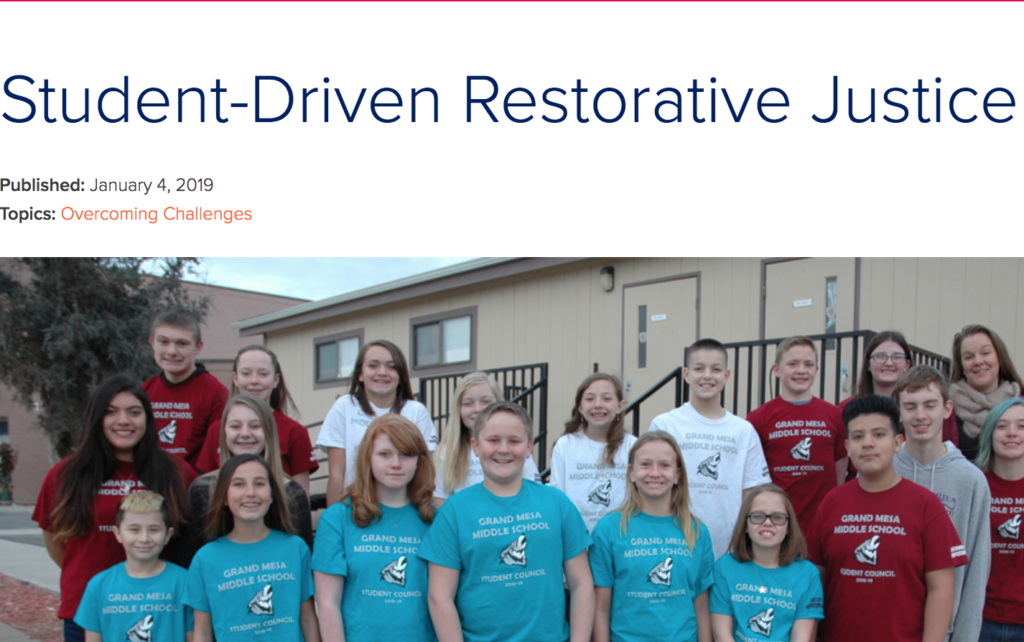
This article looks at the restorative justice circles established by students at Grand Mesa Middle School in Grand Junction, Colorado. Student Council members at the school decided to focus on the introduction of restorative justice circles in response to surveys they administered that indicated conflicts between students was a top concern for the student body.… Read More ›
Eastern Carver County School District Learner-Centered Resources
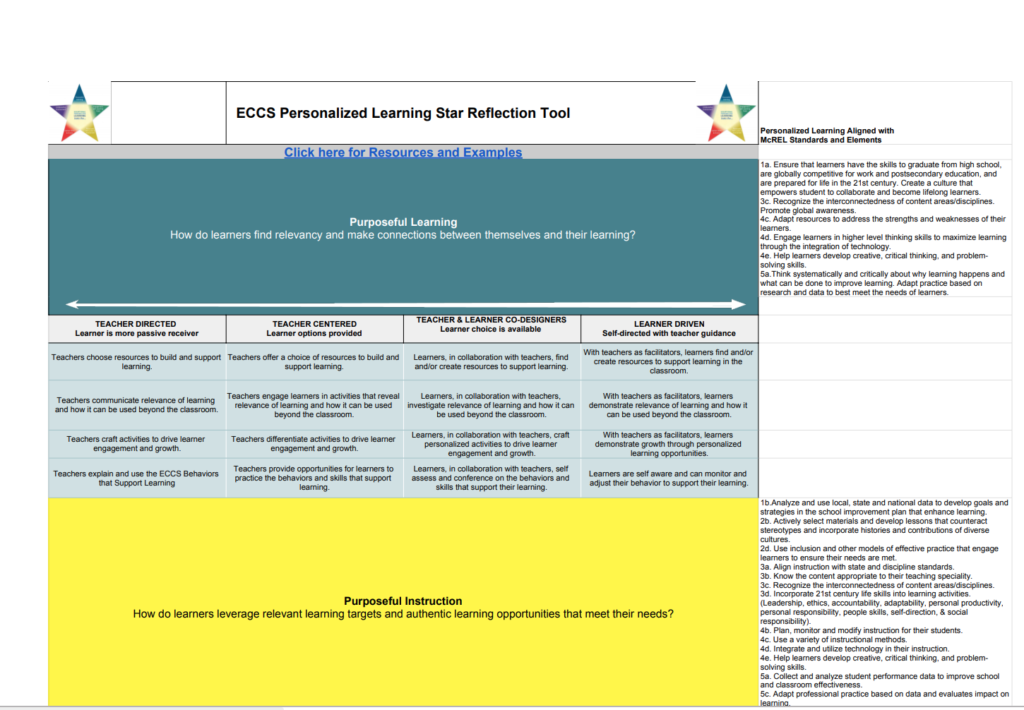
The resources below illustrate the work being done in Eastern Carver County School District, Minnesota to promote learner-centered education: This transcript of an interview with Brenda Vogds, (former)Leader of Personalized Learning and Innovation for the secondary schools in the district, explores how the district worked to bring educators into the process and nurture the development… Read More ›
NMEF Board Member Deborah Jewell-Sherman Shares Her Perspectives on the Foundation’s Equity Journey
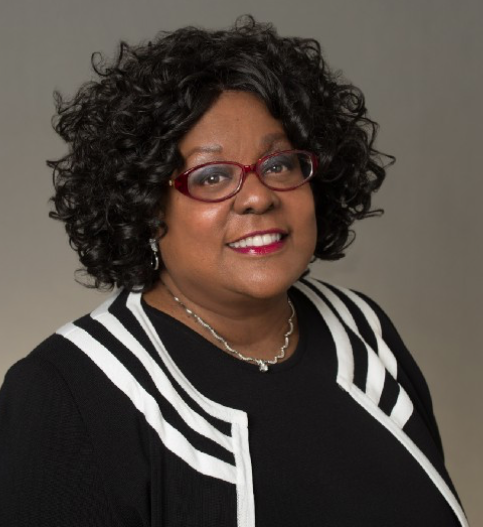
We had the chance to sit down with Nellie Mae Board Member Deborah Jewell-Sherman, who is the Gregory R. Anrig Professor of Practice in Educational Leadership at the Harvard Graduate School of Education. Can you tell me about your background — how has it shaped your own viewpoints and thoughts around racial equity issues in… Read More ›
Four Feet on the Ground: The Youth-Adult Partnership “Teeter-totter Effect”

The personalization of learning requires the relationship of students and teachers to shift to partnership and shared responsibility. Educational change in Vermont has also opened the door to unprecedented opportunities for young people to be central to change, rather than passive recipients. However, there are few roadmaps for shifting our mental models and practices to… Read More ›
Can Restorative Practices Improve School Climate and Curb Suspensions?

This report from the RAND Corporation looks at restorative practices. Many feel restorative practices can empower students by changing how discipline is enforced and by improving school climate by purposefully building relationships between students and adults as well as fellow students. This study of the implementation of a particular program which utilizes restorative practices in the… Read More ›
Why It Matters to Have Teachers That Look Like Me

For ten years—the first decade I was in school—all my teachers were white women. As a Mexican American kid, I didn’t get the chance to have a man of color as a teacher until high school. Going into my senior year, I like how diverse my teachers are now, but I wish I’d had the… Read More ›
4 Things you Should Know about Digital Portfolios
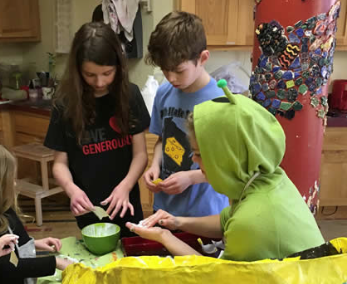
This article provides a quick overview of the components of student-centered digital portfolios. It highlights four takeaways, including the importance of focusing on the learning process and putting students in the drivers seat. This short article would be a good piece to spark a discussion with staff around digital portfolios for schools looking to implement… Read More ›
Visual Teaching Ideas to Spark Creative Thinking in Math
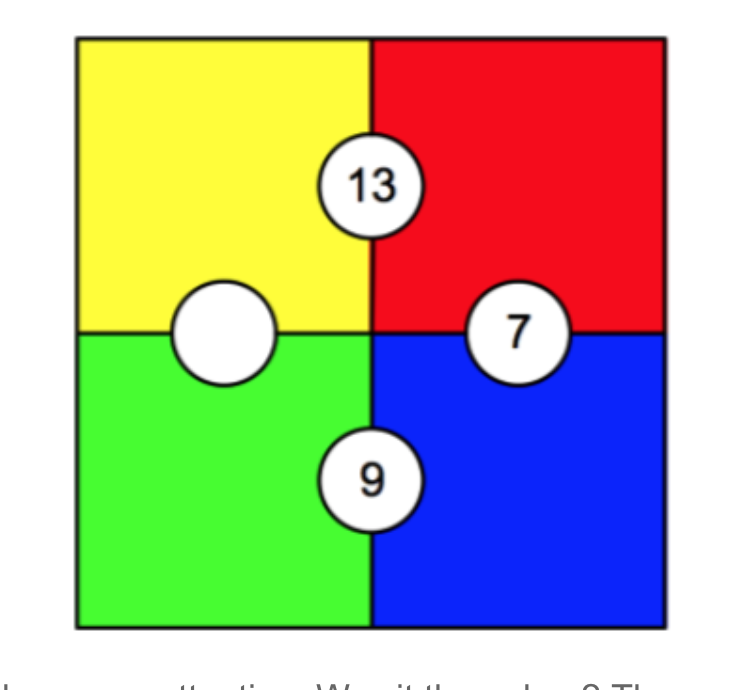
This article looks at ways to spark creativity and deep thinking in math classes. The author, a veteran educator and author, focuses on the use of images to spark deep thinking. Using images can help all types of learners access math as humans naturally seek to understand patterns and relationships. He also discusses how images… Read More ›
How to Move From Digital Substitution to ‘Deeper Learning
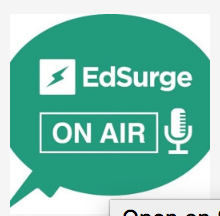
This EdSurge On Air podcast features a discussion with Scott McLeod, Associate Professor of Education Leadership at the University of Colorado in Denver and author of Harnessing Technology for Deeper Learning. He discusses how teachers can ensure they are using technology to support deeper learning and move to more student-centered teaching practices. He focuses on… Read More ›
MetaRubric Game
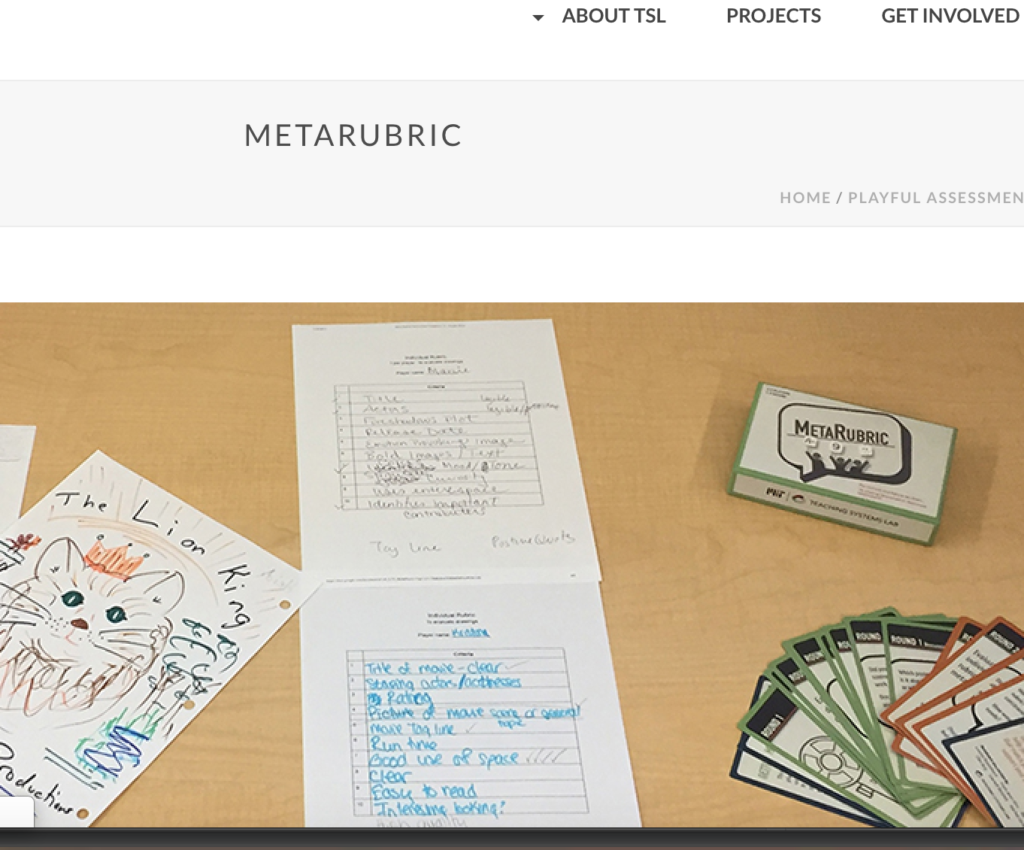
This game was designed to help teachers and future teachers learn how to design and use rubrics to assess project-based and maker-centered learning. The game, which takes 1-2 hours to complete, is an excellent professional development exercise. In addition to teaching key information about quality rubrics, it is in itself and example of how assessment… Read More ›